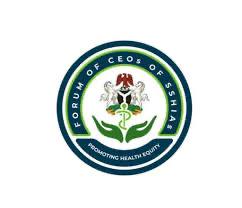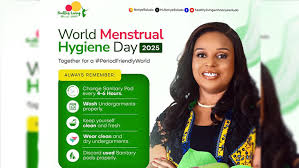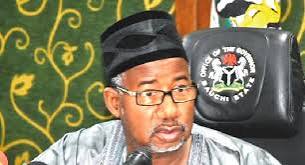Despite growing awareness and medical advancements in fertility care, many Nigerian couples continue to shy away from assisted reproductive treatments such as In Vitro Fertilisation (IVF), largely due to ignorance, stigma, poverty and deep-seated cultural beliefs. This concern was raised by prominent fertility experts who called for more public education and supportive interventions to help couples battling infertility.
Speaking at a media briefing during his 60th birthday celebration, Consultant Gynaecologist and Obstetrician, Dr Ayodele Ademola, attributed the delayed embrace of IVF and similar fertility treatments to a combination of misinformation, religious sentiment, financial hardship and societal pressures. Dr Ademola, who also serves as the Medical Director of The Strong Tower Specialist Hospital and Fertility Centre, said many couples often spend years hoping for natural conception before even considering medical assistance.
“In today’s world, there’s a lot of silent suffering. Many people are confused and don’t understand why they haven’t conceived. Some are simply ignorant, while others feel they are too poor to even think about IVF,” he said. He explained that even though the cost of IVF may be relatively high, modern technology has made parenthood a real possibility for couples who are open to solutions.
He noted that IVF, a process that involves fertilising an egg with sperm outside the body and transferring the embryo back into the womb, has proven successful for thousands of couples across the world and is now becoming more accepted in Nigeria. According to him, the earlier hesitation rooted in fear, stigma and religious restraint is gradually giving way to informed decisions, particularly as more people witness success stories around them.
“In the past, you’d hear couples say, ‘Let’s leave it to God.’ But as more people get successful outcomes, others are beginning to see that this is not a deviation from faith, but a practical medical solution. The regret many express is not trying IVF much earlier,” Dr Ademola added.
In a bid to ease access for less privileged couples, Dr Ademola also announced a special humanitarian project tagged the Giveback Initiative. As part of the gesture, he pledged to provide free Intrauterine Insemination (IUI) procedures for 60 individuals, and offer a 50 per cent discount on IVF treatment for another 60 patients over a six-month period.
“This is my own way of sowing a seed of hope. I believe that finance should not be the reason any couple is denied the joy of parenthood. This initiative is my expression of gratitude and faith, and a way of helping others take that bold step towards their dreams,” he said.
Supporting the call for broader awareness, another fertility expert, Dr Ugwueke Thaddeus, who heads the Emobile Specialist Hospital in Lagos, urged couples to disregard societal stigma and seek professional help when dealing with infertility. He noted that IVF remains the best option for certain categories of couples, especially where there are underlying medical complications preventing natural conception.
He explained that couples dealing with male infertility issues such as poor sperm quality or azoospermia, and women facing tubal blockages, advanced age or hormonal challenges like endometriosis, stand a better chance of conception through assisted reproductive technologies. He also added that those who had undergone permanent contraceptive procedures like vasectomy or tubal ligation may only have IVF as a viable option to achieve pregnancy.
According to Dr Thaddeus, the journey to parenthood should not be a lonely or hopeless one, especially in an era where medical science has made tremendous progress. He encouraged timely diagnosis, proper medical evaluation and open-mindedness from couples battling infertility.
Recent statistics from the World Health Organisation reveal that an estimated 17.5 per cent of adults globally — about one in every six people — experience infertility at some point in their lives. The global health body, in its latest report, called on governments and stakeholders across the world to prioritise fertility care in national health policies.
In Nigeria, the Association for Fertility and Reproductive Health estimates that approximately 12 million people are affected by infertility, accounting for nearly 10 per cent of the country’s population. Experts warn that unless deliberate efforts are made to increase awareness and reduce barriers to treatment, many couples will continue to suffer in silence.
As Nigeria continues to battle the rising cases of infertility, experts are urging a shift in societal perception, better public health messaging, and more inclusive fertility programmes to help restore hope to families longing for children.







